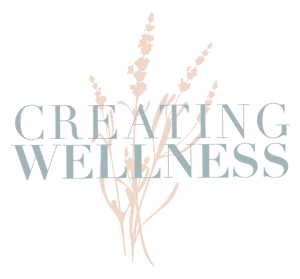
What is Anxiety?
Anxiety can mean so much it differs from person to person. The word anxiety is the Latin ‘angere’ The Word means to choke. For some people having an anxiety attack this is exactly how they feel for others an anxiety attack can feel completely different.
Panic attacks can start with no warning flooding the body with physical symptoms seem to have come from nowhere. There are studies to show that this isn’t true, an hour before the panic disorder blood carbon dioxide levels start to fall immediately before the attack the levels rise causing the brain to feel like it is suffocating this in turn gives the feelings of intense fear.
What are the effects of anxiety?
1. Palpitations
2. Breathlessness
3. Hot flushes
4. Sweating
5. Nausea
6. Diarrhoea
7. Trembling
8. Panic
This is not all of the symptoms. I’m sure you can add some of your own.
Types of anxiety
1. Generalised anxiety disorder, this is a common form of anxiety with no particular trigger.
2. Panic disorder, people experienced a sudden panic attacks.
3. Social anxiety disorder people experience overwhelming worry before during and after socialising with other people.
4. Post traumatic stress disorder, I’ve suggested anxiety is triggered by your traumatic life event often including flashbacks, nightmares and extreme alertness to danger.
5. Phobia, an Overreactive fear response to something specific i.e. an object or situation or sensation.
6. Obsessive compulsive disorder, this type of anxiety has two features, obsessive thoughts and compulsive behaviours, the compulsive behaviours help relieve the thoughts.
7. Health anxiety, this anxiety focuses on the body and health.
Coping with anxiety
1. if your worries are practical plan to do something about them, if they are hypothetical write them down and set aside some time later to think and worry about them then.
2. breathe into your belly, anxiety triggers muscle tension if you consciously relax your tummy muscles by taking slow deep breaths, in through your nose and out through your mouth
3. Make yourself a self smooth box, fill a box with comforting objects add one item for each sentence to see if your brains fear.
4. take a bath, sometimes this can change your mood, light a candle or take a book in, put some soothing music on whatever helps you relax.
5. talk to somebody, sharing your anxious thoughts can help you see things in a different way.
6. Walk it off, getting some fresh air and relaxation.
7. Track down your triggers, sometimes it can be hard to work out what triggers your anxiety, keep a journal helps spot hidden patterns.
8. Asked for help, don’t let your anxiety get really bad before you ask for help.
Reiki, hypnotherapy, Indian head massage can help with reducing anxiety.


